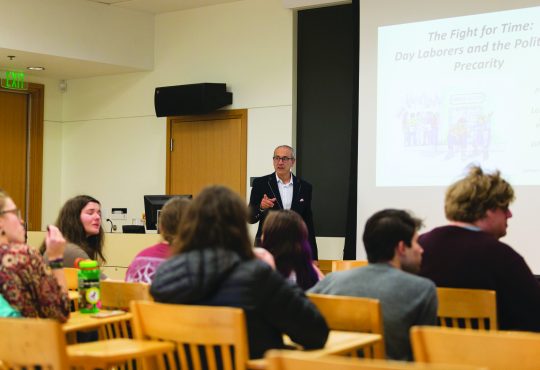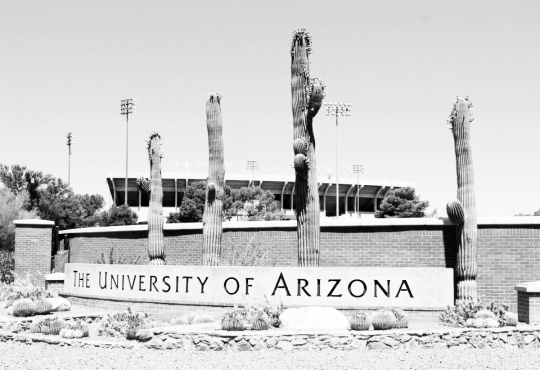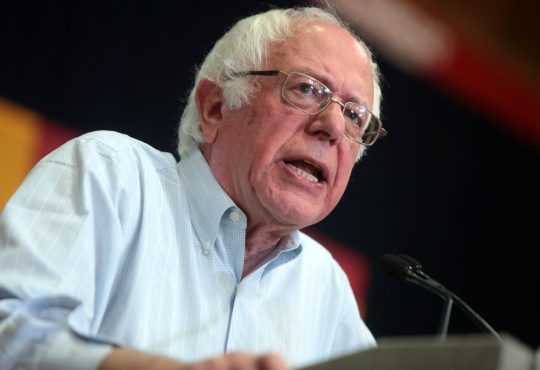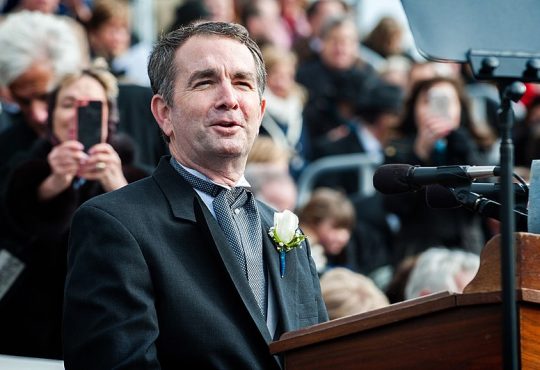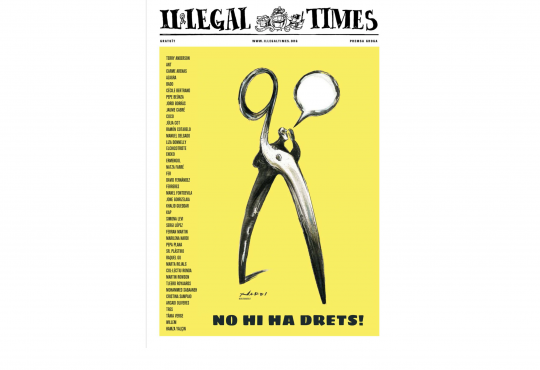Social media is often synonymous with screen-obsessed millennials and Generation Z kids, so it may come as a surprise to most to see that so many are unplugging and deactivating from their online presence. Though Generation X and the baby boomer’s growing—yet delayed—presence on social media may explain the increased demands for privacy, “going off the grid” is a decidedly millennial trademark characterized by an aversion to artificial gestures of approval like reblogs, favorites and, well, likes.
Living in real life (IRL) has obvious positives; people might actually look up from their phones and smile at each other in passing. More importantly, talking to each other face to face will solve the cryptic texting debacle that has led to the demise of so many relationships.
Yes, IRL interactions are important and will help improve social skills, the motives driving the deactivation movement expose a user error greater than reposting a Buzzfeed “which Harry Potter character should you date based on your taste in pizza” quiz. Users are realizing that social media is pretty useless at seeking approval. This should have been obvious from the beginning. Artificial interactions and virtual acceptance will never beat physical interactions and experiences and shouldn’t be the point of social media platforms. A recently developed app called “Peeple” is designed for artificial acceptance despite rising generational backlash against virtual approval. The app is characterized as “Yelp for people” with the slogan “character is destiny.” Users can rate other users in the different social spheres on a five-star rating scale—equipped with the ability to clarify through comments, of course. Nancy can tell Johnny that she thinks his neck-beard is super unattractive and ding him, all in good fun according to the creators of the app.
This idea of rating people may seem attractive at first but the aftermath is a lot of pissed-off users, especially middle school girls, left with demeaning comments that shouldn’t have been released into the virtual public sphere.
While these superficial emphases are more marketable and addictive, that isn’t enough to convince Gen Z and millennials to reactivate their account. Social media must stress supplementing what IRL experiences it cannot provide or access. “Peeple” is not original, it is catty and will be a short-lived fad before users tire of superficially being categorically judged and send the app to the bottom of the top free apps list.
Social media was initially created to establish a universal connectivity platform that crossed global social bounds. App creators need to reorient their marketing toward the idea.
Mark Zuckerberg released a letter in 2006 stating that “Facebook was established to accomplish a social mission—to make the world more open and connected.” Sharing experiences, knowledge and excitement allows a user to access a world outside of their own and challenges them to make what would normally be irrelevant, relevant, which is another fundamental component of universal connectivity. Social media must bridge the gap widened by barriers limiting efficient, easy and valuable exchange around the globe.
Fortunately, social media platforms including Twitter, Tumblr, Reddit, Imgur, Instagram and Snapchat are shifting back to valuable user connections and sharing of information rather than just superficialities.
Facebook has introduced a trending new section on the right-hand side of the news-feed so users have access to the trending news everywhere instantly. Twitter’s “moments” section also emphasizes the trending idea with a lightning bolt—a convenient representation of immediate access to information.
Instagram features various global trends by day and Snapchat’s “life stories” allow a user to visually experience a one-minute “collage” of people’s experiences in places ranging from Kolkata to Berlin. Social media defies cultural, geographical and political bounds through access to universal and largely unfiltered information and experiences. This irreversibly revolutionized global and individual interactions within society and holds the potential go even further. Human-rights movements have gained massive solidarity and spread word through social media—users see what they lack through exposure to what other users have and haven’t been quiet about it. Strangers are connecting virtually and increasingly finding purpose in this idea of giving back when they see what others lack, like when Humans of New York and its followers helped raise 1 million for a middle school in Brooklyn. This case and numerous others that social media is worth a lot more and holds way more potential than just liking a selfie on Instagram.
Students at the University of Puget Sound are largely aware of the inner-workings, possibilities and annoyances of social media. However, the students could do a much better job of sharing information fueled by a curiosity to expand their immediate and removed spheres of influence. The University’s Reddit page is largely dormant and Facebook events are mostly created for getting word out about an event, when realistically a lot of students won’t actually follow through by attending.
Using these platforms to not only promote events and opportunities but also to provoke discussions would be a great advantage for the students’ continued education outside of the classroom setting.
On a broader scale, utilizing social media as a platform to evoke universal social, political and economic progress will promote and advance causes to a greater and more diverse region of people and geography than any institution, whether governmental or non-governmental, ever will.
Why else would institutions rely so heavily on social media? For example, NGOs hold a massive presence on almost every social media platform because posting updates about their work several times a day spreads more word and reaches more users than sending a monthly letter. Without social media, institutions and even presidential candidates, celebrities, or any being that relies on favorable public opinion would significantly limit their sphere of influence. While the scale is quite a bit smaller, the idea of spreading influence through social media also applies to students.
As students at the University of Puget Sound continue to be accused of apathy, closed-mindedness to non-liberal ideas and ignorance about the world outside of the “Puget Sound bubble,” they cannot blame these presuppositions on a lack of access to platforms to access and share information. Even if a student isn’t a fan of Facebook, they can freely use the internet or more anonymous social media-esque sites like Reddit to browse trending news, input their own opinion and read others’ opinions. If technology isn’t their friend, ASUPS provides local and national newspapers for the community and if students can challenge themselves to be open to an environment of controversial discussion with the intent of broadening their understanding of their immediate and distant spheres, students have each other. The students at the University of Puget Sound and any college across the country have significant enough access to a resource-rich information powerhouse to become well-cultured and well-versed
Consequently, students are responsible for any accusations of ignorance or apathy.
Students have little time or energy to care or advance their learning process outside the classroom and probably would rather wrap up in a blanket and watch Netflix. College is a balancing act so realistically, students have to habitually force themselves to care and be socially present and relevant.
Something as simple as grabbing a paper in the mornings and reading the headlines or reading the trending section of Facebook takes minimal time but connects them with a world and sphere of influence outside of the “college bubble.” Sacrificing a couple of hours of Netflix to go even further and discuss information with other students would be even more ambitious, but definitely plausible.

